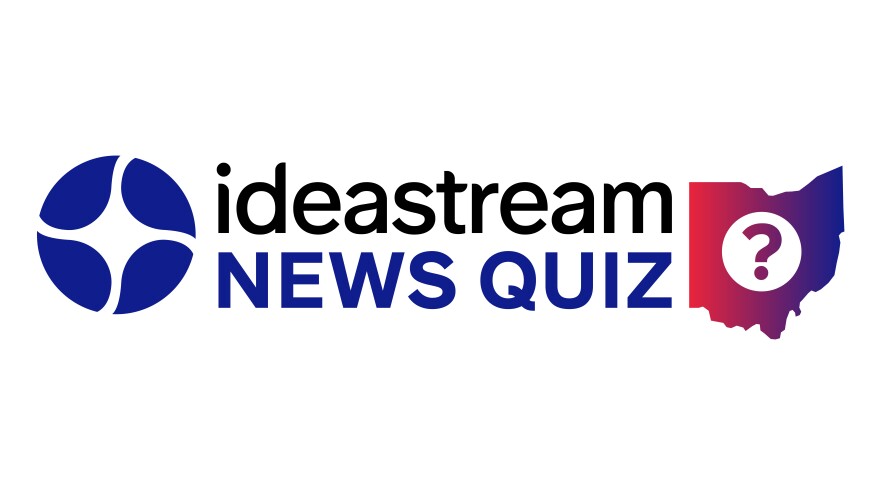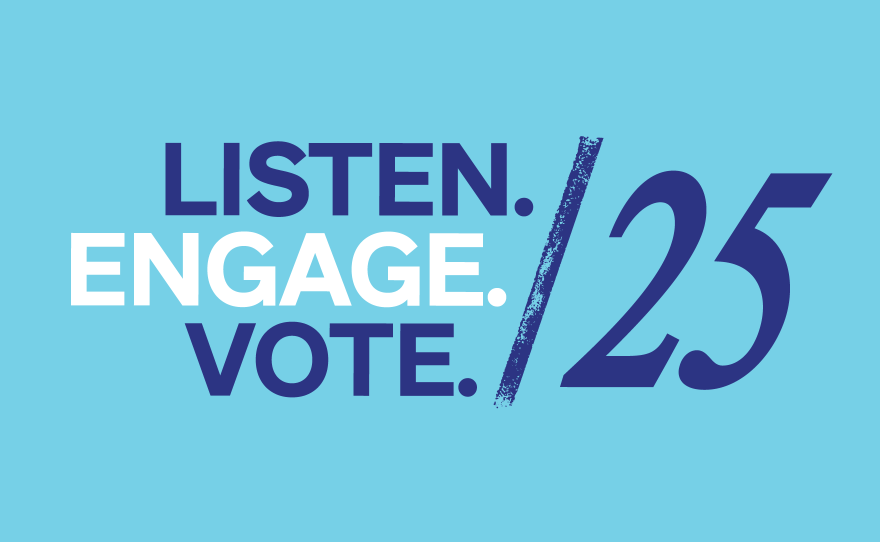The two leading candidates for Ohio governor still say they have specific reasons for selecting the men they introduced as their running mates on Wednesday.
Latest Headlines
- Ohio's volunteer firefighters need help. Here's why we're sounding the alarm
- North Olmsted native reflects on Hollywood career, from ‘Star Wars’ to ‘Shawshank’
- 5 things to do in NEO: ‘Fleeting Florals’ at MassMu, David Bowie memories and more
- A Supreme Court ruling could bring historic drop in Black representation in Congress
- House to vote on renewing ACA subsidies as a potential deal takes shape in the Senate
Editors' Picks

Neonatal intensive care units provide lifesaving care to the tiniest of patients.
-
Though flu cases are high, the Ohio Department of Health said it's not too late to get a flu vaccine.
-
More than 1,000 stranded passengers spent the night at Amsterdam's international airport as snow and ice that is pummeling parts of Europe grounded hundreds of flights.
-
The Democrat from Maryland is the longest-serving Democrat in Congress, and was once a rival to become House speaker. Hoyer will announce Thursday he is set to retire at the end of his term.
-
Approximately $200,000 in property was stolen from Sanders’ home in Granger Township while he was playing in his first regular-season NFL game Nov. 16, 2025.
-
Most of the targets are U.N.-related agencies, commissions and advisory panels that focus on climate, labor and other issues that the Trump administration has categorized as catering to diversity and "woke" initiatives.
-
President Trump has long expressed an interest in acquiring Greenland. White House press secretary Karoline Leavitt says Trump isn't ruling out any options, but that diplomacy is his "first option."
-
Homeland Security Secretary Kristi Noem said she spoke with Minnesota Gov. Tim Walz and acknowledged that they hold "very different viewpoints" on the shooting that killed a 37-year-old woman.
-
Defense attorney Alan Jackson said that circumstances beyond his and Reiner's control made it "impossible" to continue representation.
-
Police believe the suspect was involved in five carjackings prior to the shooting.






















